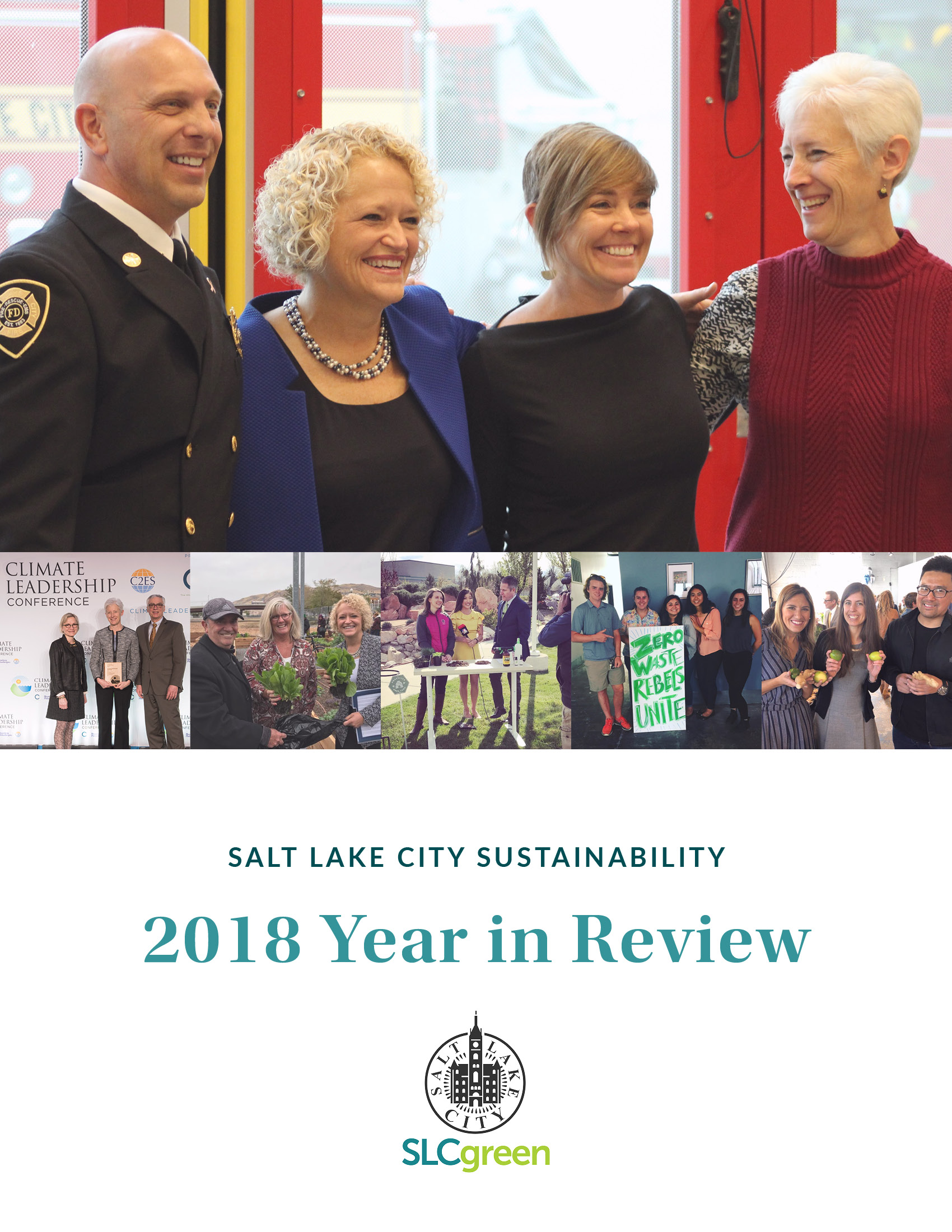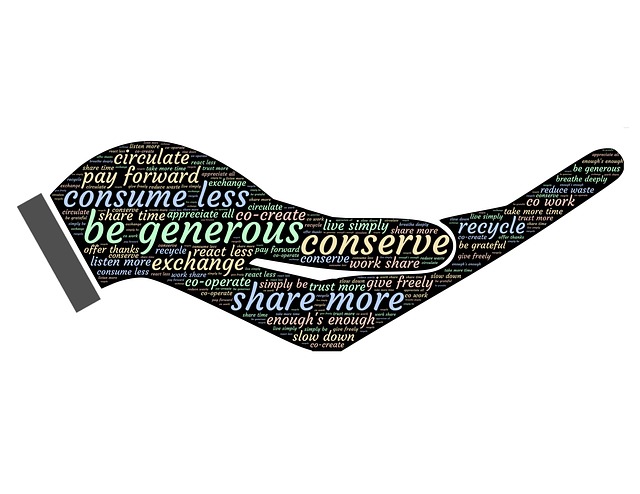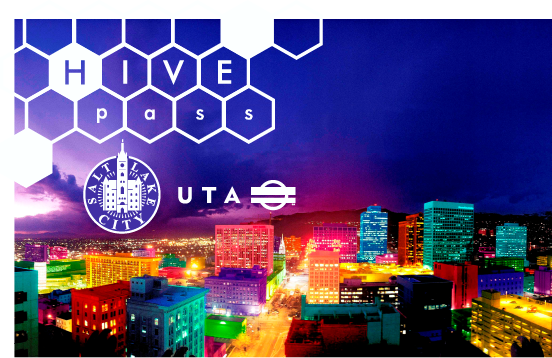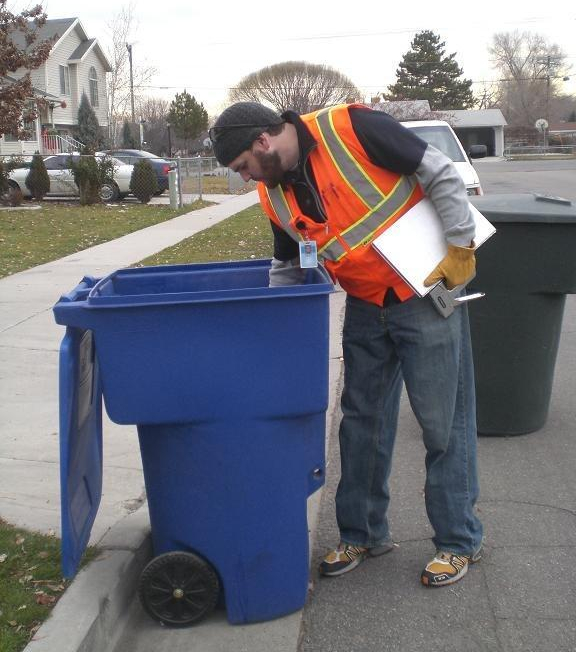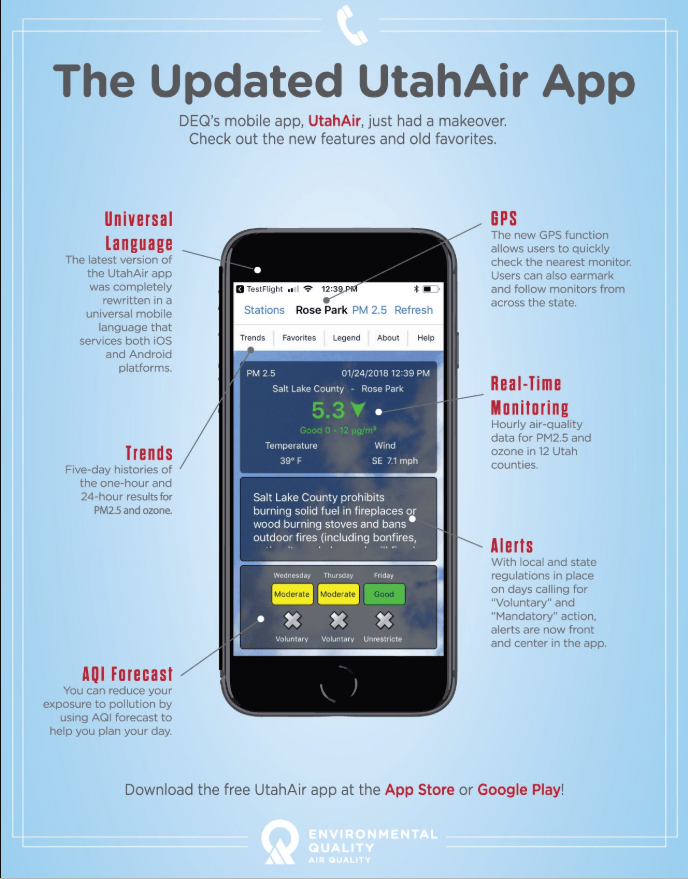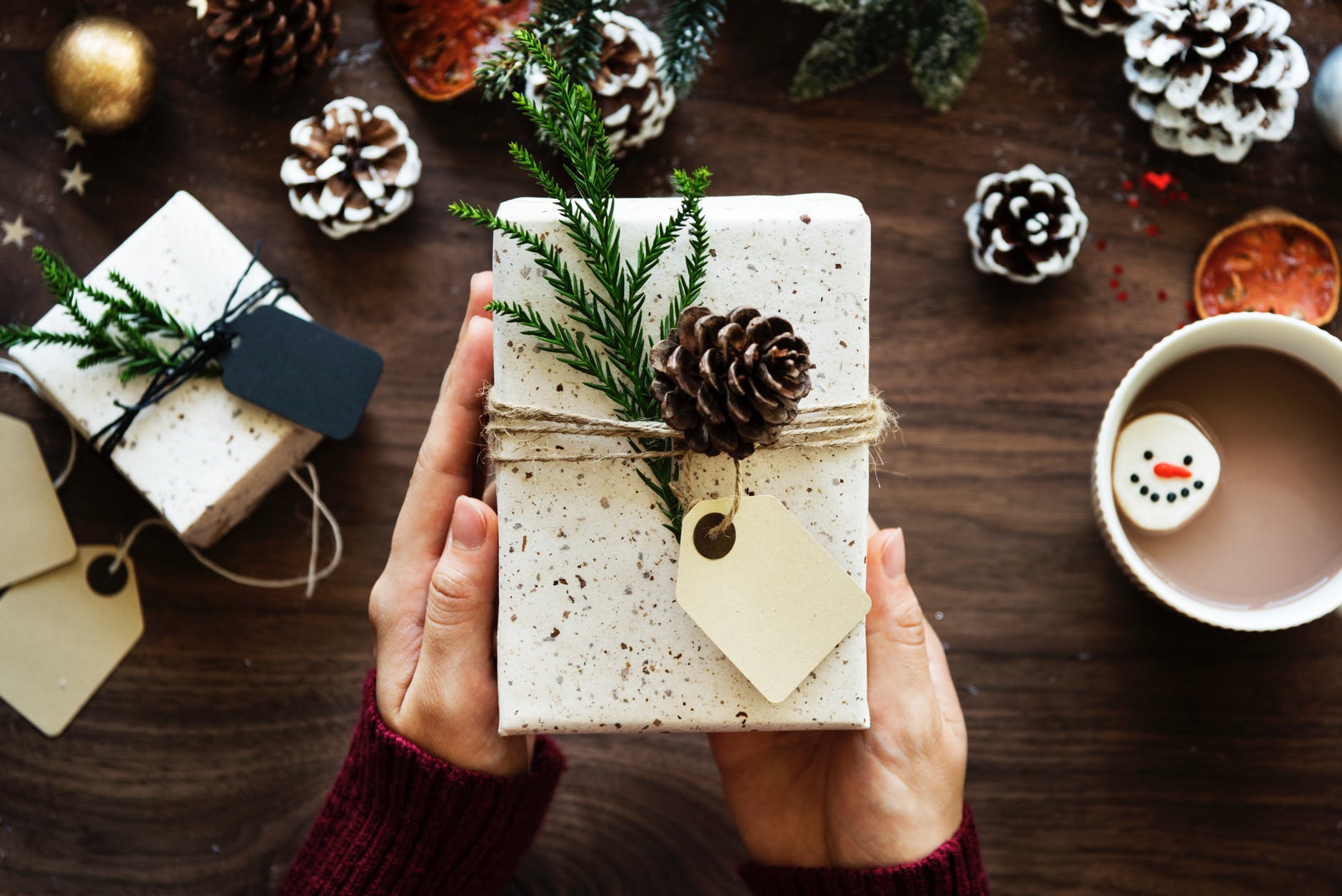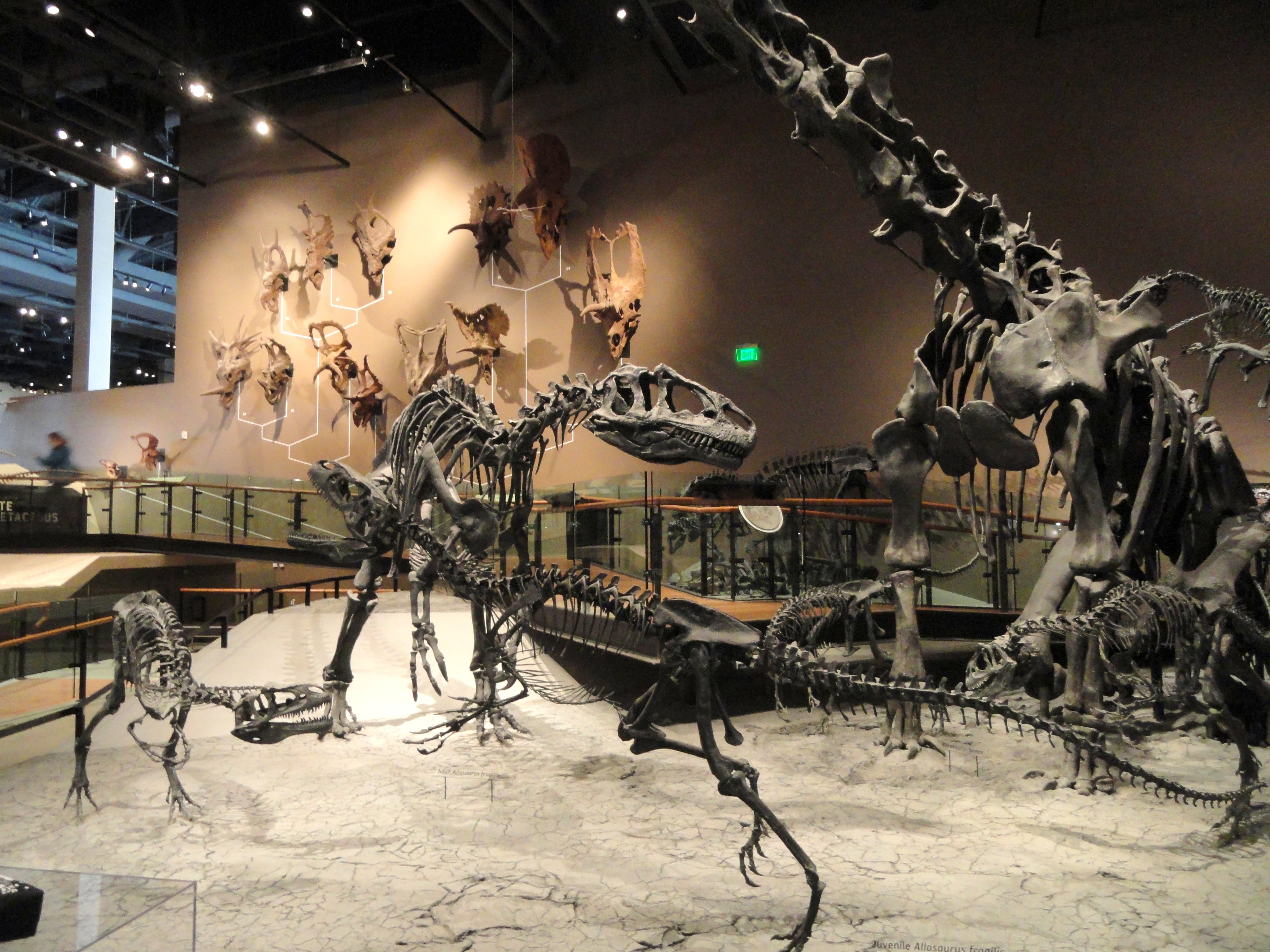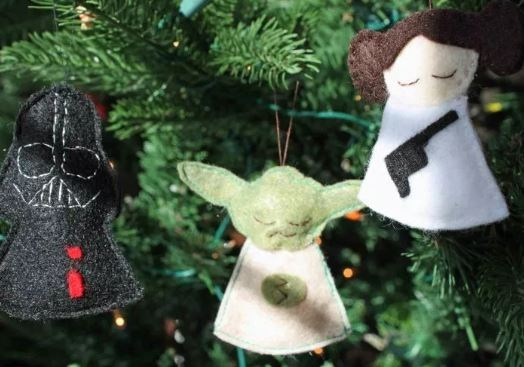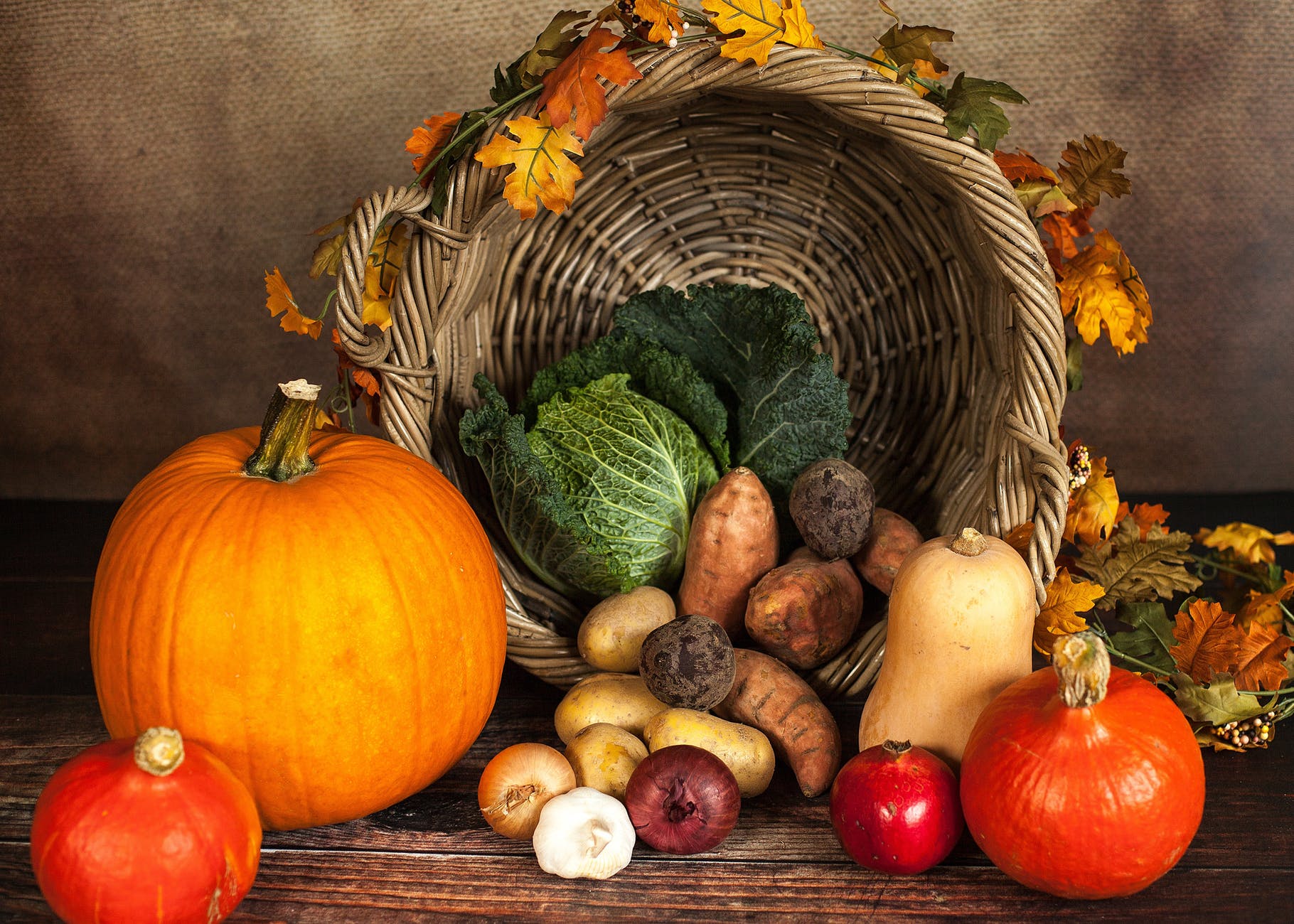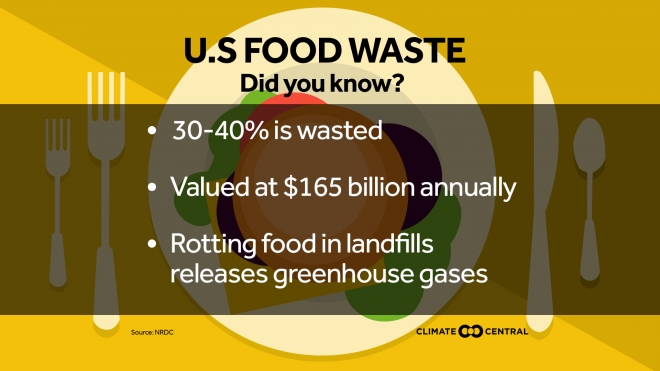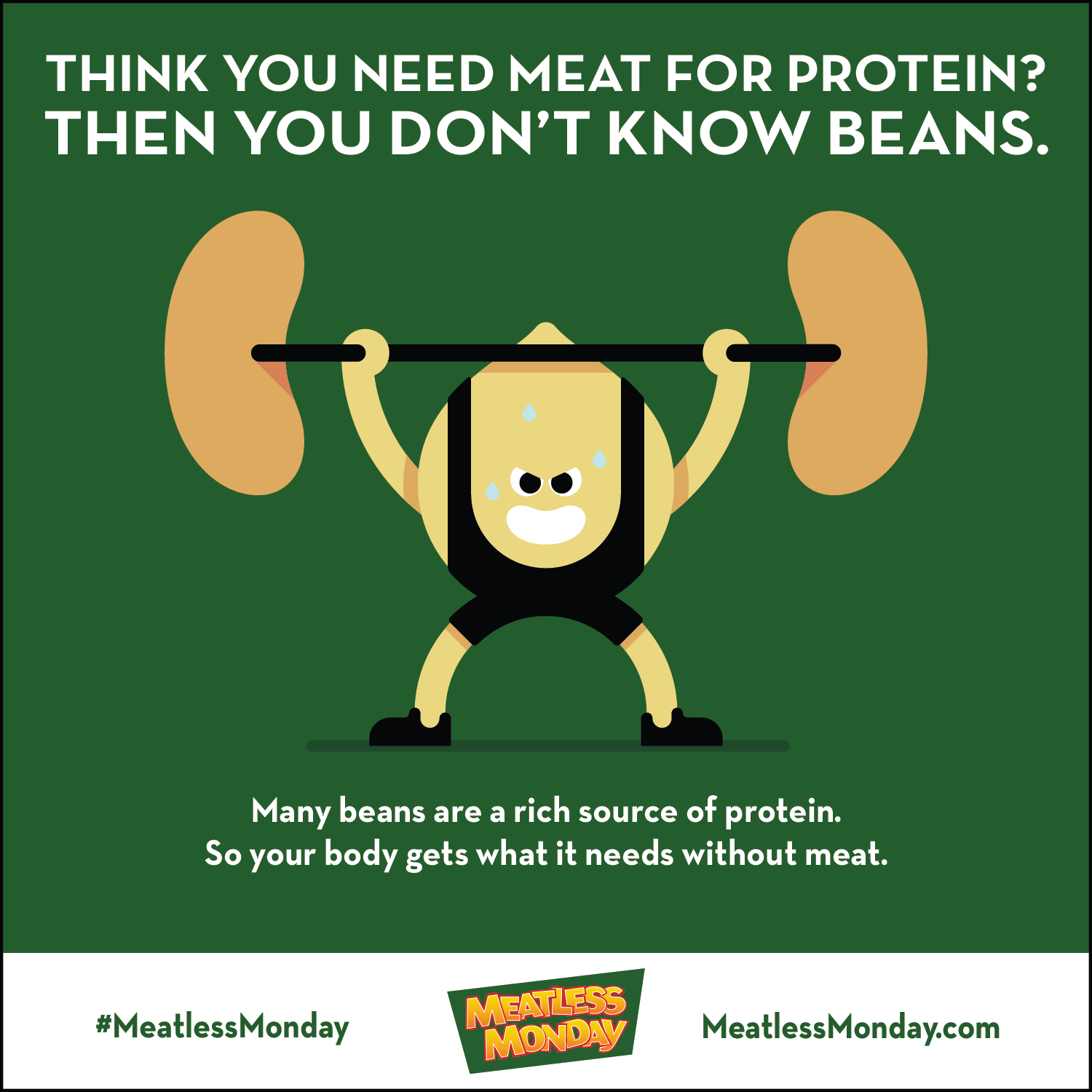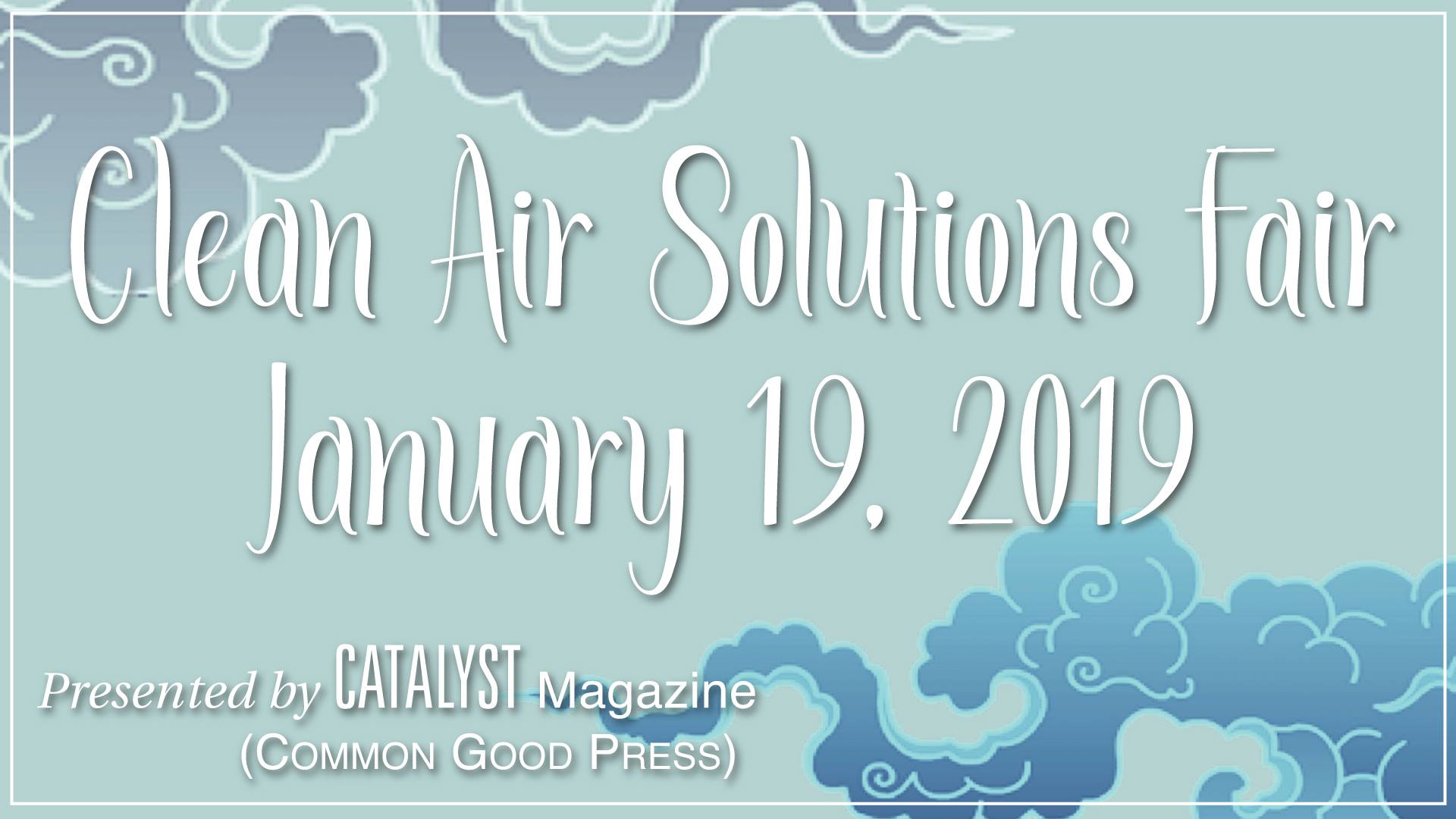
Interested in learning how to help clean Utah’s air while having a great time??
Come down to Catalyst Magazine’s 6th annual Clean Air Solutions Fair, Saturday, January 19th, at The Gateway. The Clean Air Solutions Fair is a community event aimed at presenting attendees with solutions to help clean Utah’s air while having a great time with friends and family.
There will be projects for kids, workshops for adults, and the chance to win some great clean air prizes like an electric snowblower or solar oven!!
Last year’s Clean Air Solutions Fair brought out over 1,000 enthusiastic Utahns. This year the Clean Air Solutions Fair’s mission is to amplify communal engagement and empowerment, spread awareness of our unique air issues, and create an environment for family fun.
So swing by! (Perhaps before or after a visit to the Winter Farmers Market down the street?)
Check out local vendors, information booths, and educational workshops. SLCgreen will be there, so stop by to say “hello!”
Where:
The Gateway
(The former Hall of Breakfast and Urban Outfitters)
18 N. Rio Grande St
When:
Saturday, January 19
11 a.m. – 4 p.m.
Cost:
Free!
Everyone is encouraged to take public transportation to the fair – can’t wait to see you there!!

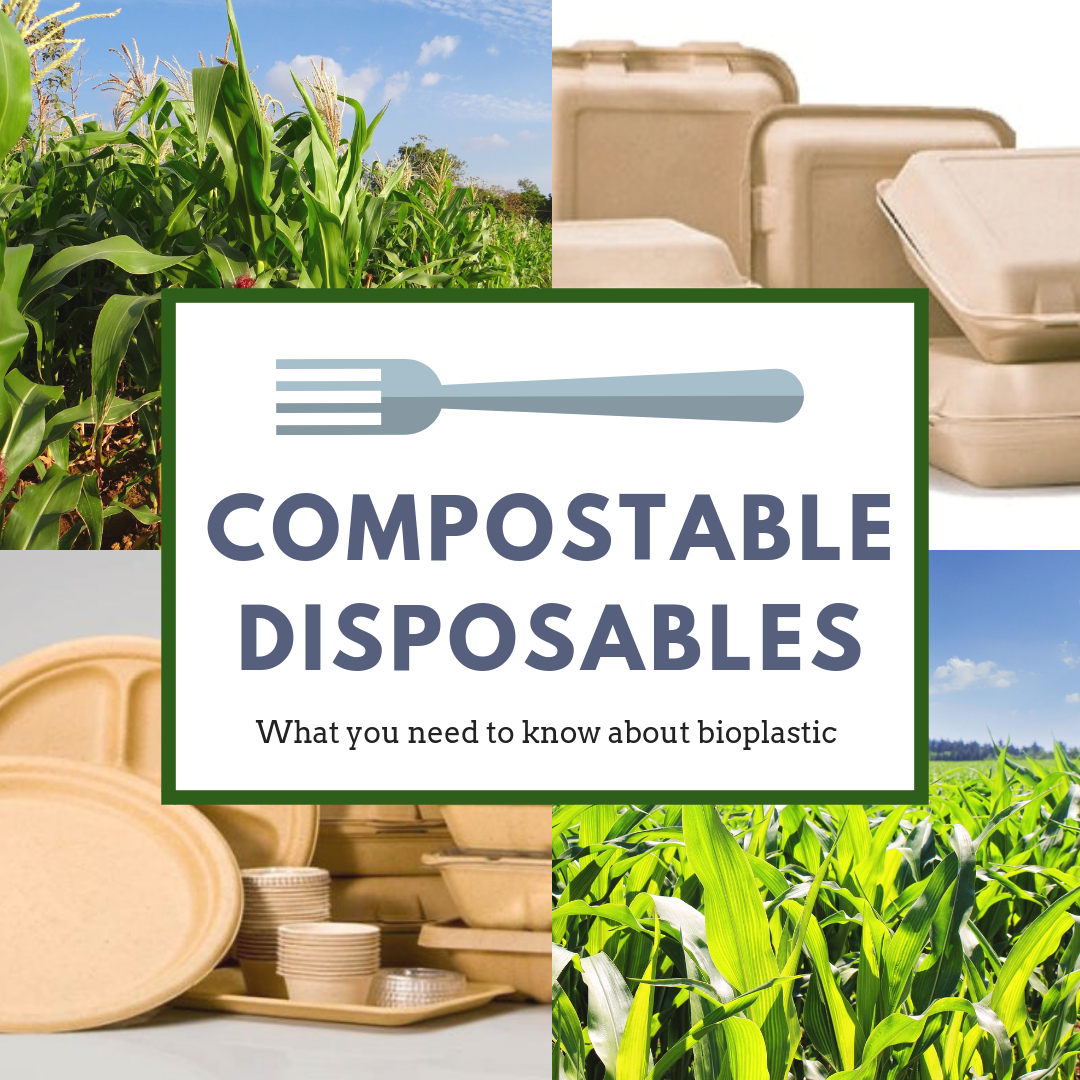 It’s the New Year and you may have made it a goal to waste less and recycle more. That’s great!
It’s the New Year and you may have made it a goal to waste less and recycle more. That’s great!